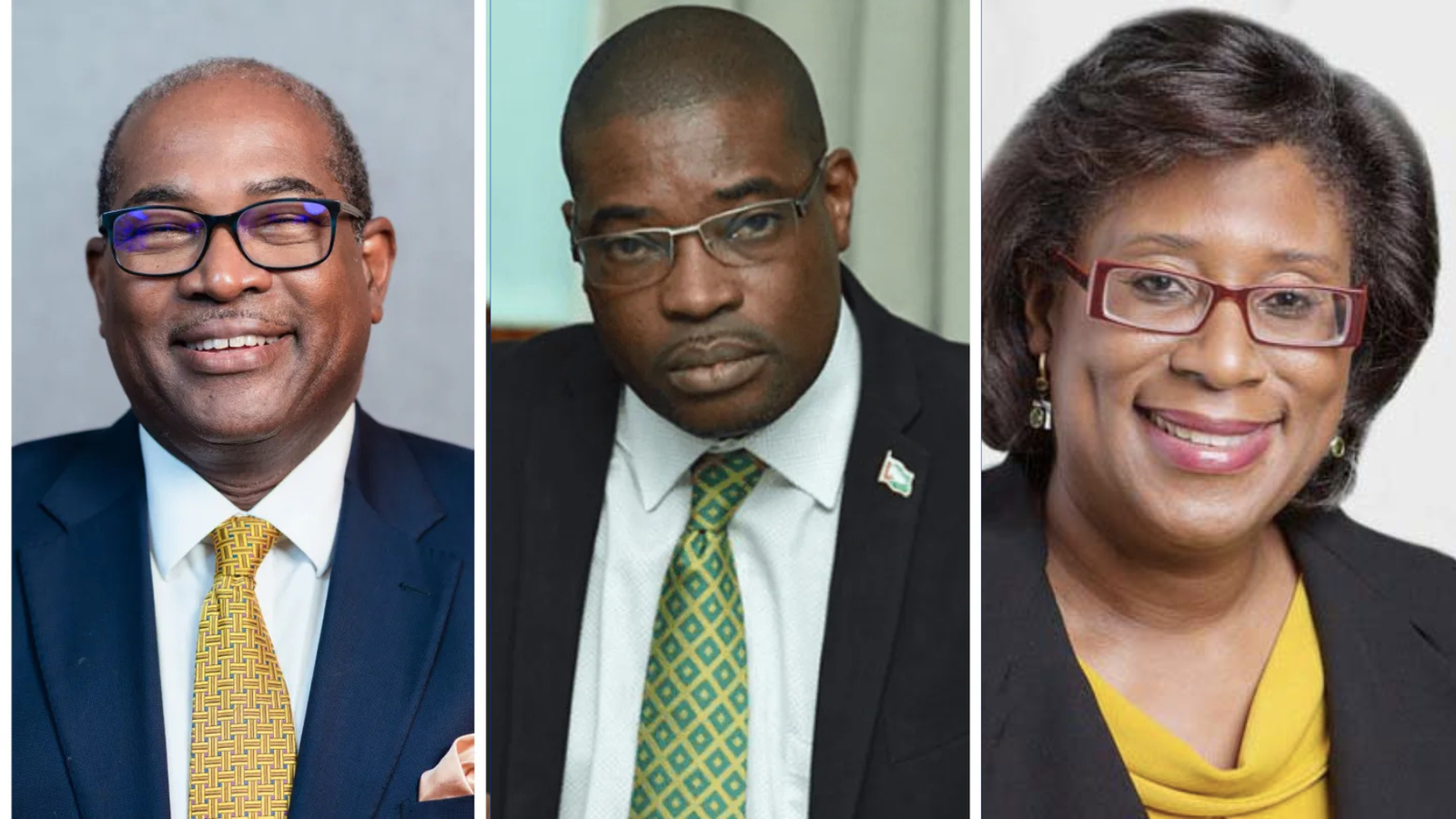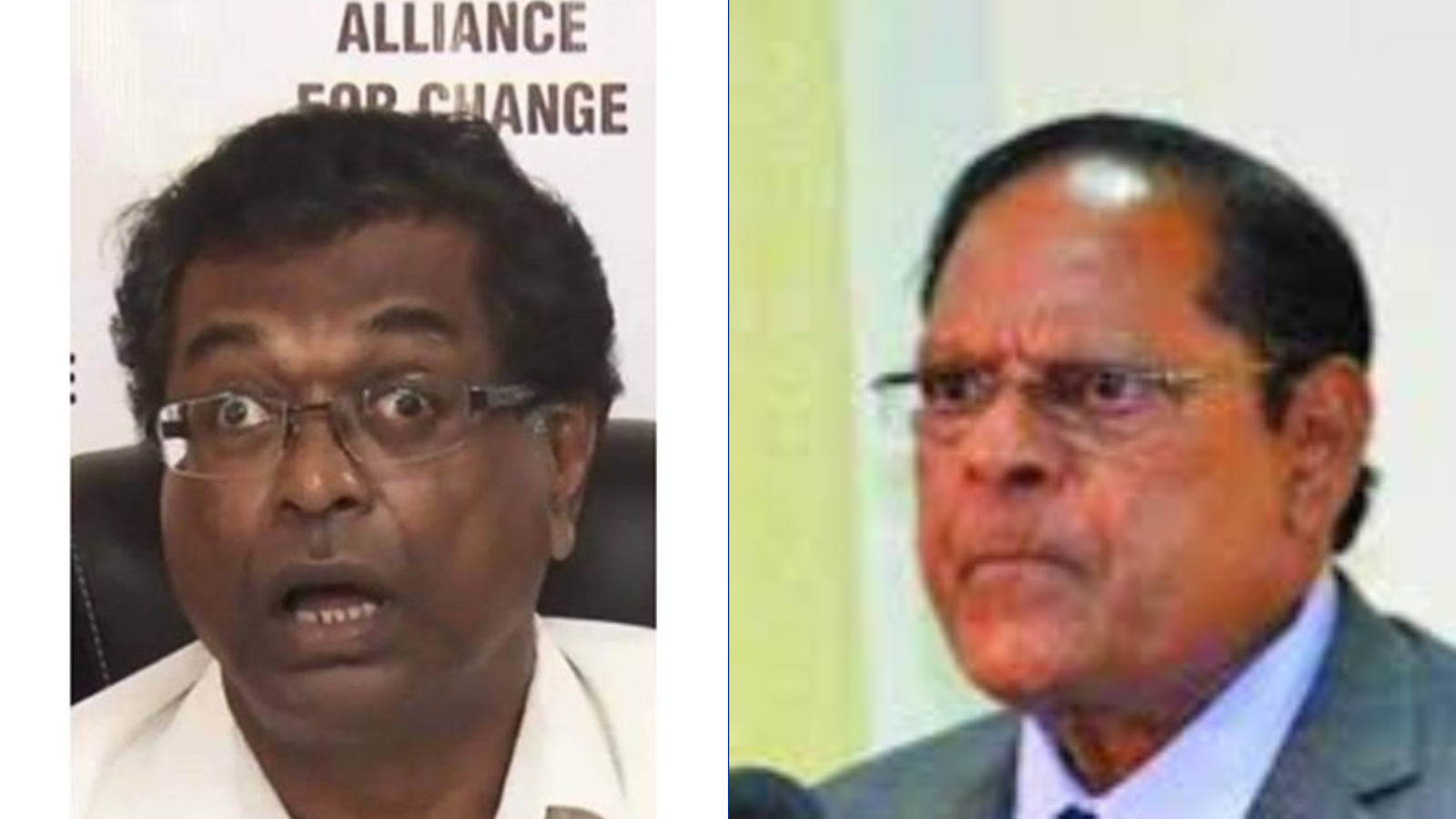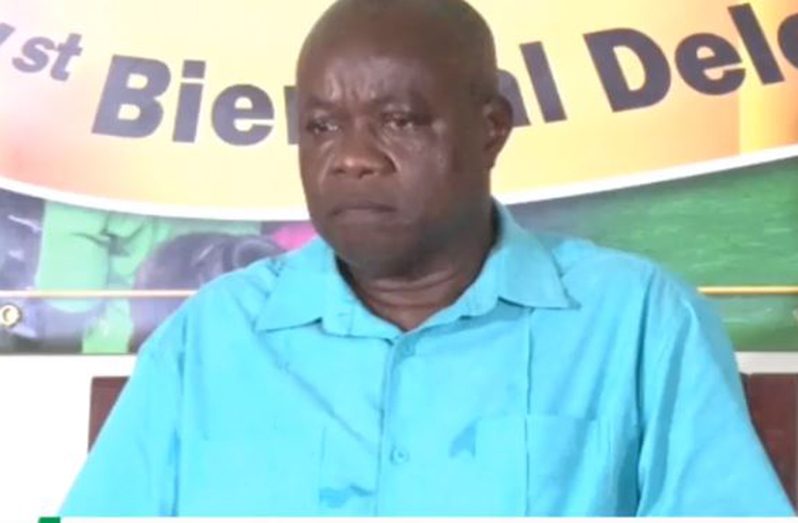Since assuming the Alliance For Change (AFC) leadership, Nigel Hughes has taken an assertive stance in reshaping Guyana’s political landscape. With the 2025 election drawing closer, Hughes is reportedly working to appeal to lifelong supporters of the People’s National Congress Reform (PNC), a move many see as an attempt to position himself as a more decisive leader than current PNC head Aubrey Norton. For Hughes, aligning himself closely with the PNC could open doors to a broader voter base and more significant influence within Guyana’s Afro-Guyanese community. However, this tactic raises questions about the future of the AFC’s identity and the potential political risks to the PNC’s loyal support base.
In the current landscape, both parties face challenges as they navigate the demands of their Afro-Guyanese constituencies, the influence of long-standing rivalries, Guyana’s rapidly changing economic progress, and the improvement of the standards of living of all Guyanese under the PPP government.
Nigel Hughes’ strategy is to undermine Aubrey Norton’s authority as the leader of the PNC party and question his leadership quality vis a vis the PNC party’s die-hard lifelong voters. This has implications for PNC leaders and supporters and has a broader impact on Guyana’s Afro-Guyanese voter group.
Nigel Hughes’ Strategy: Strengthening AFC by Engaging PNC Supporters
Under Hughes’ leadership, the AFC has increasingly targeted the PNC’s loyal supporters, positioning the party as a viable alternative for those feeling disillusioned with the current PNC leadership. Hughes’ message centers on presenting himself as a modern and transformative figure who can drive the opposition’s agenda more effectively than Norton. However, some within the PNC see this move as an attempt to erode Norton’s base and eventually claim control of the coalition’s agenda.
Hughes has also reportedly been reaching out to PNC members of parliament and the PNC diaspora community in the USA, UK, and Canada, appealing to them with a vision for the future that involves closer integration between the two parties. If successful, this strategy could boost Hughes’ political standing and create an alliance that leaves Norton with reduced influence. Some political analysts suggest that this approach could shift power dynamics within the opposition, potentially sidelining traditional PNC figures in favour of those more aligned with Hughes’ vision. It is clear to the public that Nigel Hughes is allegedly and quietly conducting an internal coup inside the PNC party.
Nigel Hughes is aware of the divisions within the PNC and the dissatisfaction among some members regarding Aubrey Norton’s leadership and policies. Hughes sees this as an opportunity to advance his ambition of taking over the PNC.
However, the public questions whether Mr. Forbes Burnham, the founder of the PNC party and an influential figure in the party’s history, would have even given Hughes a moment of his time. Burnham would have swiftly and decisively ended any political interference and challenge from a minor political pygmy like Hughes. Mr. Burnham would have sent Nigel Hughes to the doghouse.
Aubrey Norton should ask Nigel Hughes, Cathy Hughes, and David Patterson these questions:
Show evidence of AFC’s support base within the country.
How many supporters can they genuinely claim?
How many voters can they bring to the coalition?
Norton will likely see that the three AFC Leaders lack a substantial voter base and instead attempt to sway and recruit PNC voters toward the AFC by sowing discord.

The AFC’s Lack of a Strong Independent Voter Base
One of the AFC’s most significant issues is its limited independent voter base. The party, formed as an alternative to the PNC and PPP, initially drew support from various ethnic groups, mainly Indo-Guyanese. However, that support has waned over time, particularly among Indo-Guyanese voters who felt betrayed by the AFC’s role in policies that negatively impacted the sugar and rice sectors.
The failures of AFC leaders like Khemraj Ramjattan and Moses Nagamootoo, who betrayed the sugar and rice workers with promises they could not deliver, further diminished the party’s appeal among these predominantly Indo-Guyanese workers. Today, the Indo-Guyanese voters do not want to see the faces of Nagamootoo, Ramjattun, and the new AFC party leaders.
Without a solid voter base of its own, the AFC is left reliant on alliances with other parties—primarily the PNC—to remain relevant in Guyana’s political scene. Hughes’ current outreach to PNC supporters can thus be viewed as a calculated effort to secure a foundation for the AFC’s continued influence, even if it comes at the expense of the PNC’s long-term unity.

Ramjattan and Nagamootoo and Cathy Hughes blamed the Russians for Rigging the 2020 General Election.
The 2020 election rigging exposed AFC leader Khemraj Ramjattan and his subordinate, Cathy Hughes, who attempted to shift blame onto Russia for alleged interference in Guyana’s elections.
This baseless accusation was met with disgust and was wholly rejected by the international community. Despite losing, the APNU+AFC coalition clung to power illegally for five months, casting a shadow over their commitment to democracy.
The AFC’s participation in attempts to alter the election outcome has left a lasting stain, one that the people of Guyana are unlikely to forgive. Both the AFC and PNC made significant efforts to discredit the election results. Still, the international community, including the United States, issued a firm request, giving David Granger a 48-hour deadline to vacate the presidency after concluding that they were the actual perpetrators of electoral interference in 2020. David Granger packed up his bags and left the Presidential residence immediately.
For Guyanese voters, the PNC/AFC coalition party betrayed democratic principles, and they are not likely to forget these actions as they hold the coalition accountable in the future.
The opposition faces a pivotal moment as Guyana approaches the 2025 general election. Hughes’ strategy to engage supporters of the People’s National Congress (PNC) is ambitious and could redefine the coalition’s trajectory. However, it risks alienating the PNC’s traditional base, a challenge Norton must confront with vigilance. His priority is clear: uphold the PNC’s core values and foster unity within its ranks to prevent further fragmentation.
Meanwhile, the PPP’s rising popularity presents a significant obstacle for any opposition coalition, especially one grappling with internal discord. The longstanding divisions between the PNC and the Alliance for Change (AFC) suggest that a unified front remains unlikely. The leaders of both parties appear disconnected from reality, failing to acknowledge that Guyana is a diverse South American nation, not a monolithic Afro-Guyanese society.
Afro-Guyanese are part of a rich multicultural tapestry that includes the majority Indo-Guyanese population, Amerindians, Portuguese, Chinese, and people of mixed heritage. Guyana’s identity is rooted in its diversity, essential to its past, present, and future.
The PPP embodies this multicultural vision, positioning itself as a party for all Guyanese, regardless of ethnicity or background. It has earned the reputation of being a unifying force committed to the principle that Guyana belongs to every citizen.
In contrast, the PNC risks being perceived as a party that caters exclusively to the Afro-Guyanese community. Any attempt to divide the nation along ethnic lines will undermine public trust and prove a losing strategy in modern Guyanese politics. The future belongs to those who embrace unity and inclusivity, values that resonate deeply with the people of Guyana.





